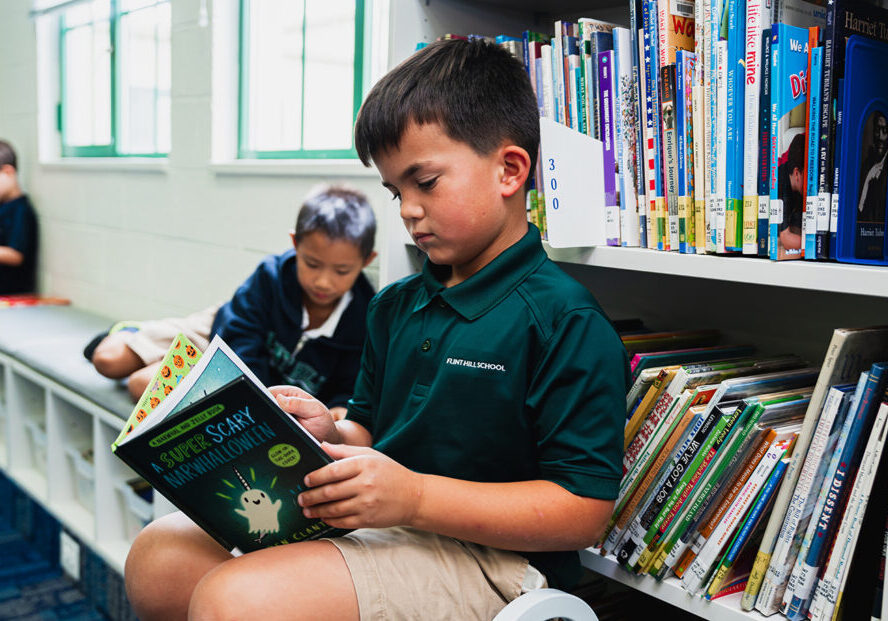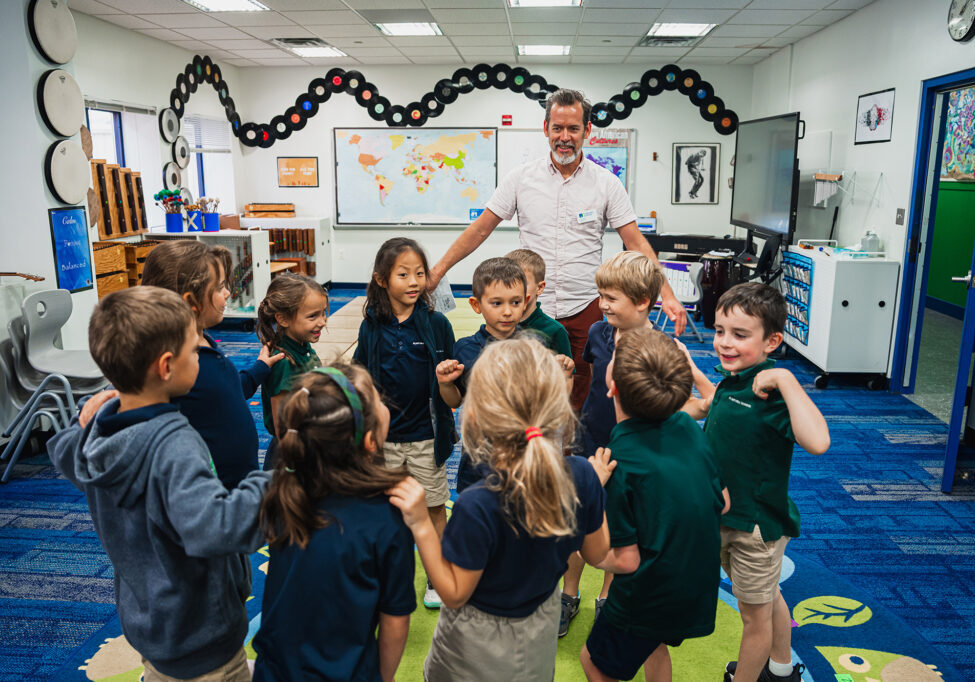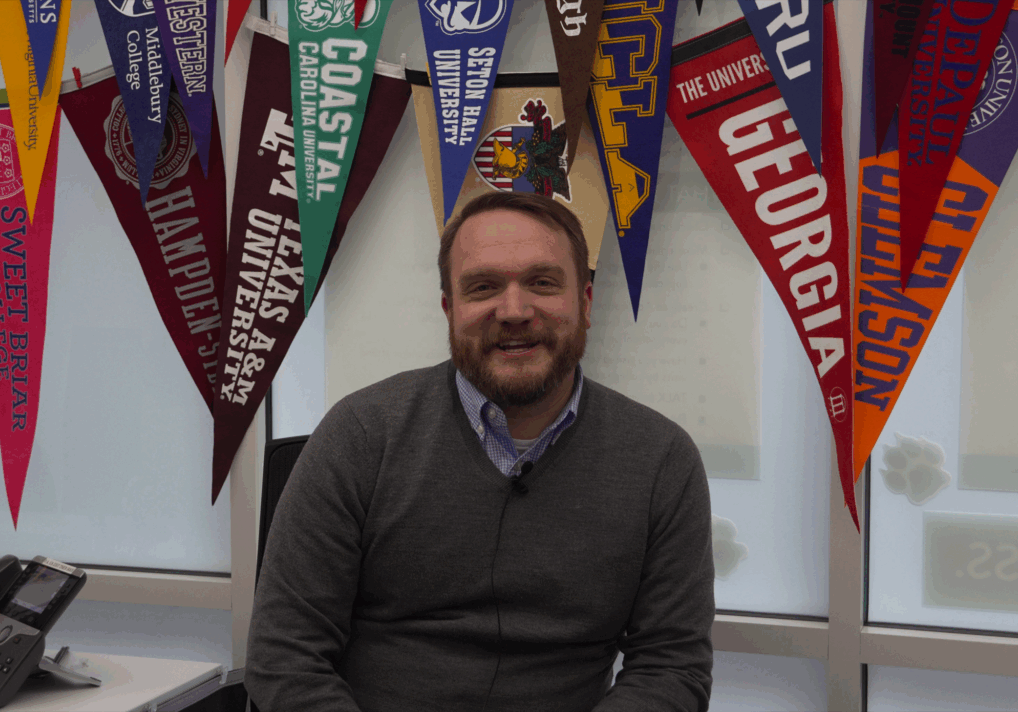We are all wired for connection. It's not just a nice idea — it’s a basic human need! To support interpersonal development and overall well-being, all of us — including self-identified introverts — need in-person connection. It's the simple stuff that reduces stress, boosts communication skills, and genuinely promotes better health.
We know the last few years have been tough. The rise of smartphones, the demands of social media, and the COVID-19 pandemic have collectively worn away at the social skills, coping strategies, and sense of self our children need. Former Surgeon General Dr. Vivek Murthy describes the isolation many feel as a public health crisis because it so critically impacts our physical and emotional health. He reminds us that the solution lies in intentional, community-driven connection.
We love the language used by Dr. Daniel Siegel in his study of Interpersonal Neurobiology. He coined the term "MWe" to describe the essential process of integrating our individual identity ("me") with our sense of belonging to a larger community ("we"). When a child feels this integration, the benefits are enormous: they experience improved health, greater resilience, lower stress, and a deeper sense of meaning and purpose.
At Flint Hill, the sense of connection a student feels is central to their entire education. For our students, belonging isn't just about making friends; it's about feeling truly cared for, valued, and supported. When a child has this robust sense of community connection, it positively influences every aspect of their health (emotional, physical, social, behavioral, and cognitive). This deep belonging is the foundation that helps them thrive academically, navigate family relationships, and approach life with confidence. We are committed to intentionally creating the spaces where every Husky can find their "MWe."
What Parents Can Do
It’s important that students are encouraged to actively engage in school community by exploring opportunities, building connections, and developing supportive relationships.
- Ask them what helps them feel connected to others and to whom they feel connected at school.
- Help them create a schedule that includes study breaks, relaxation/play, time outside, and in-person, device-free connection with friends and family.
- Encourage them to attend a school or community event. Most schools offer a wide range of opportunities during and after the school day, from recess and club time to sports and performances. Many community organizations also offer after-school activities where students can explore their interests and build connections outside the classroom.
- Be a role model! It’s vital for all of us — adults and students — to take time for ourselves. Self-care is often the first thing we eliminate in our busy schedules. Schedule device-free time to just be with yourself, take a nap, go outside, or connect with a friend or family member. Think about what you need to feel seen, heard, known, and connected to yourself, others, and your surroundings. Keep your self-care appointment with yourself. You deserve it, and our students need to see that we value self-care and connection as essential components of our daily lives.
Building strong bonds is central to the Flint Hill experience. These are just a few of the positive ways we champion connection for students in all of our divisions:
- Lower School: Students practice connection through interest clubs, small-group lunch bunches, writing notes of appreciation, encouraging group activities, and escorting younger students during carpool.
- Middle School: New students benefit from small-group counseling lunches for adjustment. Daily small-group advisory time helps all students connect while addressing topics like healthy relationships, empathy, and digital well-being.
- Upper School: Connection is fostered through student-led interest clubs and structured advisory activities. The expanded Peer Advisory program intentionally focuses on building community connection, addressing social-emotional health, and promoting self-care.
- Recess/Outdoors: Outdoor recess is provided daily in the Lower School for play and stress relief. Middle and Upper School students frequently use breaks and advisory time for structured and informal outdoor activities and device-free connection.
True connection is the foundation of well-being, learning, and resilience. When students feel known, valued, and supported by the people around them, they develop the confidence to take healthy risks, form lasting friendships, and thrive academically. Whether it happens in a classroom, on the playground, or through a shared passion, every moment of genuine connection builds stronger, more grounded young people and a more compassionate community for us all.
Tracie Epes is the Director of Counseling at Flint Hill School and a Licensed Professional Counselor. She holds a B.A. from the University of North Carolina at Chapel Hill and an M.S. from the University of North Carolina at Greensboro.
Posted in:





